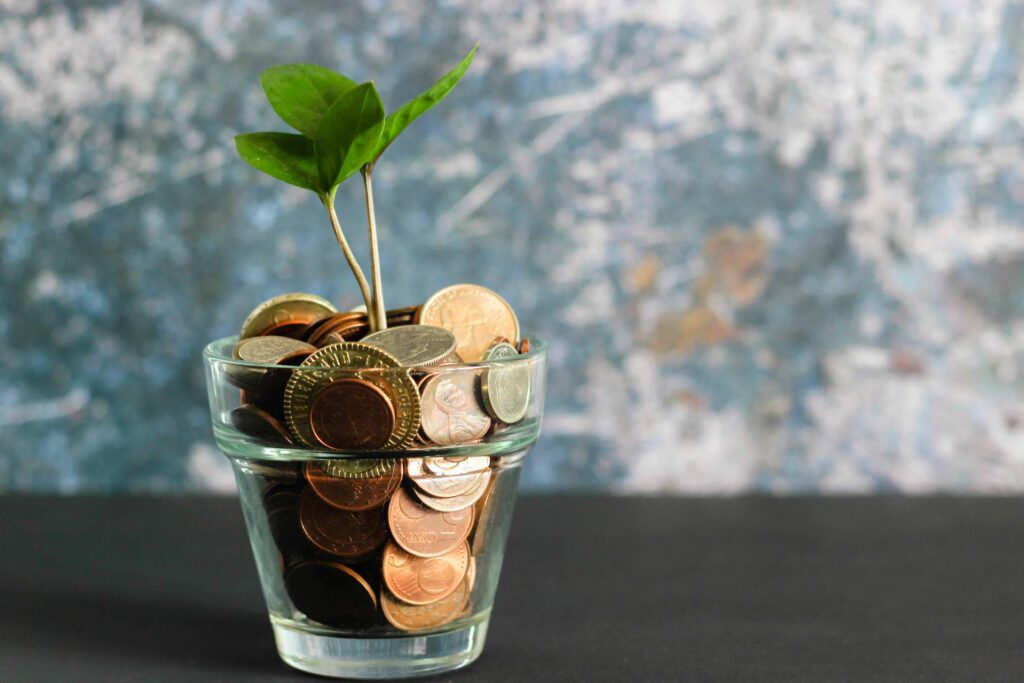AI for financial sector supervision: New evidence from emerging market and developing economies

AI offers opportunities to improve efficiency, inclusion, and oversight in the financial sector. This column shows, however, that AI adoption remains limited in most emerging
Navigating the complex world of non-tariff measures

For decades, global trade debates have centered on tariffs – the duties countries impose on imported goods. Today, a new, more complicated set of trade
Frontiers of digital finance, part 1: A global perspective

The digitisation of payment, trading, and settlement systems is reshaping the financial architecture. This column, the first in a two-part series, offers an overview of
Supply chains and free trade agreements

Studies examining the effects of free trade agreements on the activities of multinational enterprises have tended to focus on trade between home countries and their
Spending smarter: A powerful growth strategy

With high public debt and weak medium-term growth, finance ministries seek to do more with less. This column argues that efficiency gaps in public spending
China’s Belt and Road Initiative and the shifting landscape of trade and investment

China’s Belt and Road Initiative has reshaped international economic and political ties among countries and reorganised global value chains. This column reveals that the initiative
The lasting economic scars of war

Wars leave deep and lasting scars on economies. Using data for 115 conflicts across 145 countries over the past 75 years, this column documents large
How IFC is mobilizing capital for sustainable urban growth

Urbanization offers tremendous opportunities for job creation and economic growth, which can only be realized if cities invest in the infrastructure needed to support their
Conservation in the path of development: new data to guide road corridor investments

Biodiversity loss poses a direct threat to human well-being, economic development, and planetary health Biodiversity supports food security, clean water, climate stability, and livelihoods —
Cities that work: How urban tourism drives jobs

When cities invest in tourism, they invest in jobs, entrepreneurship, and growth. Marrakech is a compelling example. In 2024, the city welcomed nearly 4 million tourists, each





